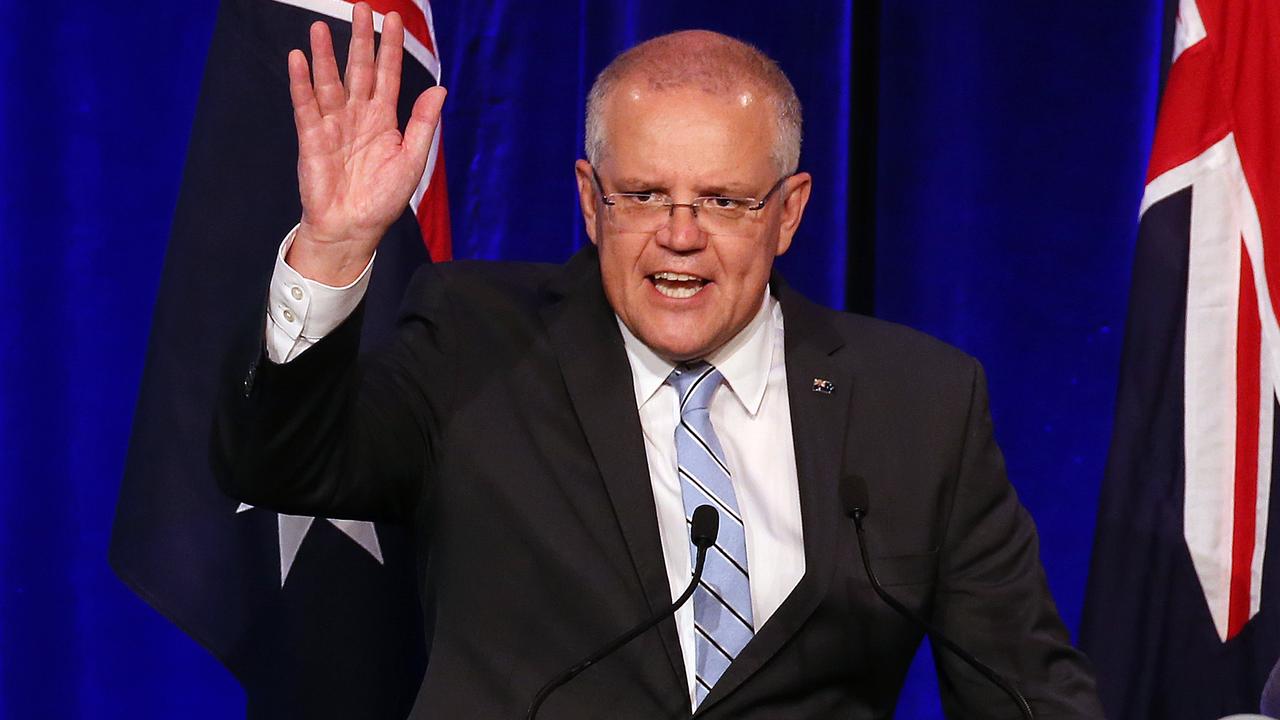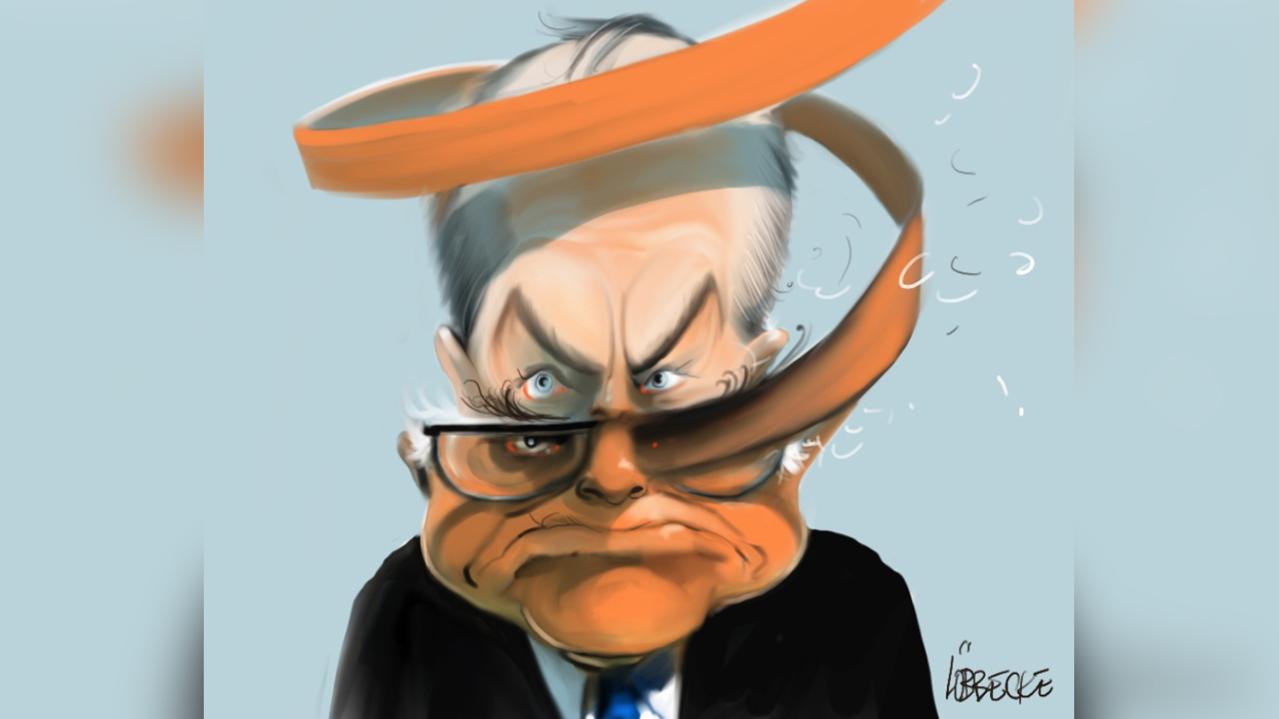Gillard government gets little credit for the low interest rates
DESPITE inflationary pressures, the RBA has shown caution.
SECURING political advantage from lower interest rates ain't what it used to be for the Australian government.
Labor seems again to have found itself in the wrong place at the wrong time.
Interest rates are lower now than they were in the final years of the Howard government (despite no movement yesterday), but we all know why: because global economic conditions are so volatile in the wake of the global financial crisis that the Reserve Bank (which sets the cash rate independently of government) needs to be monetarily cautious, despite inflationary pressures in the domestic economy.
So Labor gets little credit for the lower interest rates mortgage holders are paying compared with the Coalition's final term.
In August 2004, then prime minister John Howard declared: "I will guarantee that interest rates are always going to be lower under a Coalition government."
It was an attempt to appeal to voters weighed down by hefty mortgages in outer metropolitan marginal electorates and an attempt to stigmatise Labor as being unable to fiscally manage the economy, in turn impacting on monetary policy by putting upward pressure on interest rates.
It is harder for the current Coalition team in Opposition to make the same assertion, especially after the 2004 election when rates rose steadily.
Nevertheless, government policy has at best only indirect impact on interest rates.
So the Liberals now attack Labor for being unable to ensure banks pass on full rate cuts.
The Gillard government, afraid of its own shadow in this important policy area, lowers itself to the Coalition's level when it bashes the banks: demanding they pass on cash rate cuts when the RBA moves on them.
It is an attempt to deflect a vexatious Coalition argument that Wayne Swan can't stand up to the banks the way Peter Costello did.
Yesterday we were all spared a continuation of this unedifying political spectacle when the RBA chose not to move on interest rates (although it has received subtle criticism for that decision).
Better than expected data out of the US may have dampened RBA fears about the state of the global economy, or at least the improved news appears to have led the board to adopt a wait-and-see approach.
But even if rates had come down, there is no guarantee the banks would have passed on the full cut, despite political pressure to do so. And nor should they.
Politicians see economic circumstances through the prism of their own re-election, a luxury business leaders do not have.
Banks are facing rising lending costs because the capital they draw on from overseas is becoming increasingly harder to acquire.
Borrowing is becoming more expensive, so cuts in the cash rate here can't be passed on as easily as in the pre-crisis world.
Bank chief executives are telling us already that the domestic home mortgage market isn't as profitable as it used to be.
At the same time, small businesses are finding it much harder to obtain credit, as less risky borrowers flood the market with credit requests.
All of this may be a good reason for both political parties to press on with their aim of achieving budget surpluses in coming years (and take yet another borrower out of an overcrowded market). But it also tells us why interest rate settings have become more complicated than they were: too complicated for politicians used to talking in slogans.
The lifeblood of a modern economy is access to credit.
That was what was in peril in 2008, and it was what caused the Great Depression in the 1930s, over and above the headline-grabbing plunge in the stockmarket that preceded it.
This year, access to credit is again becoming difficult.
Banks need to be strong to survive in such a difficult environment and businesses need strong banks to ensure lines of credit don't dry up.
Unfortunately, strong banks become politically weak, easily open to attack from politicians who are only out to win votes.


